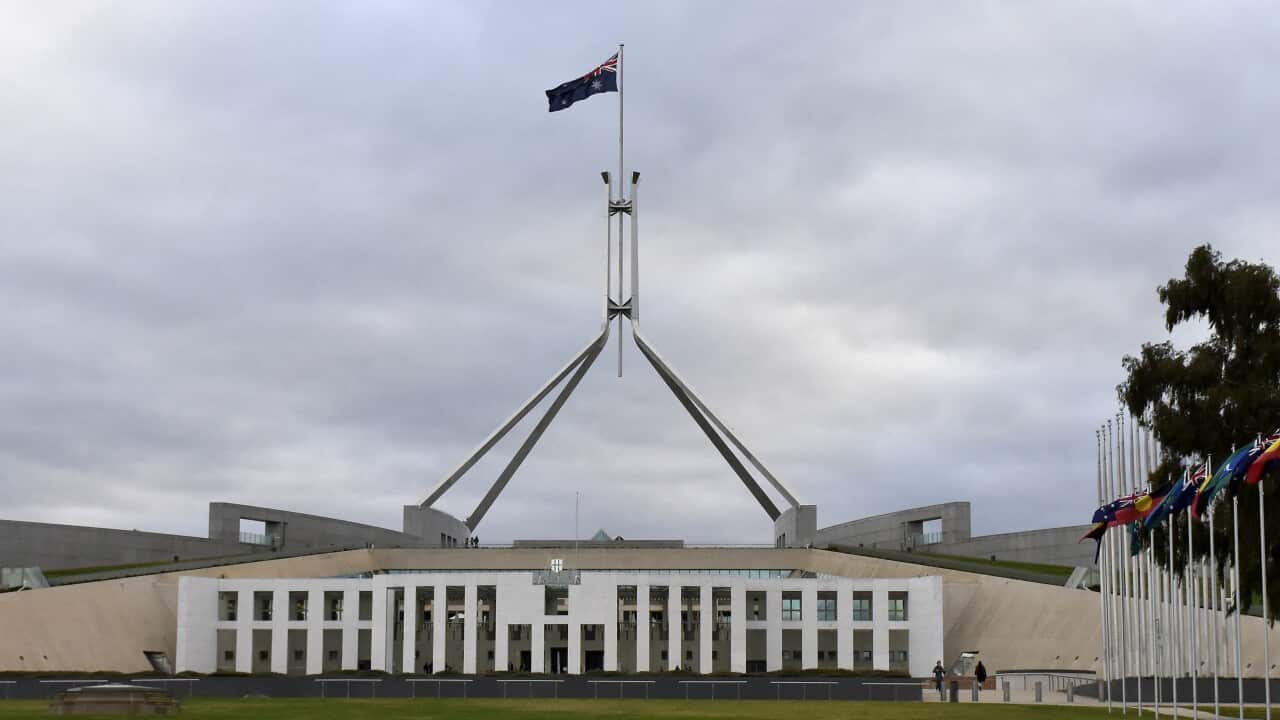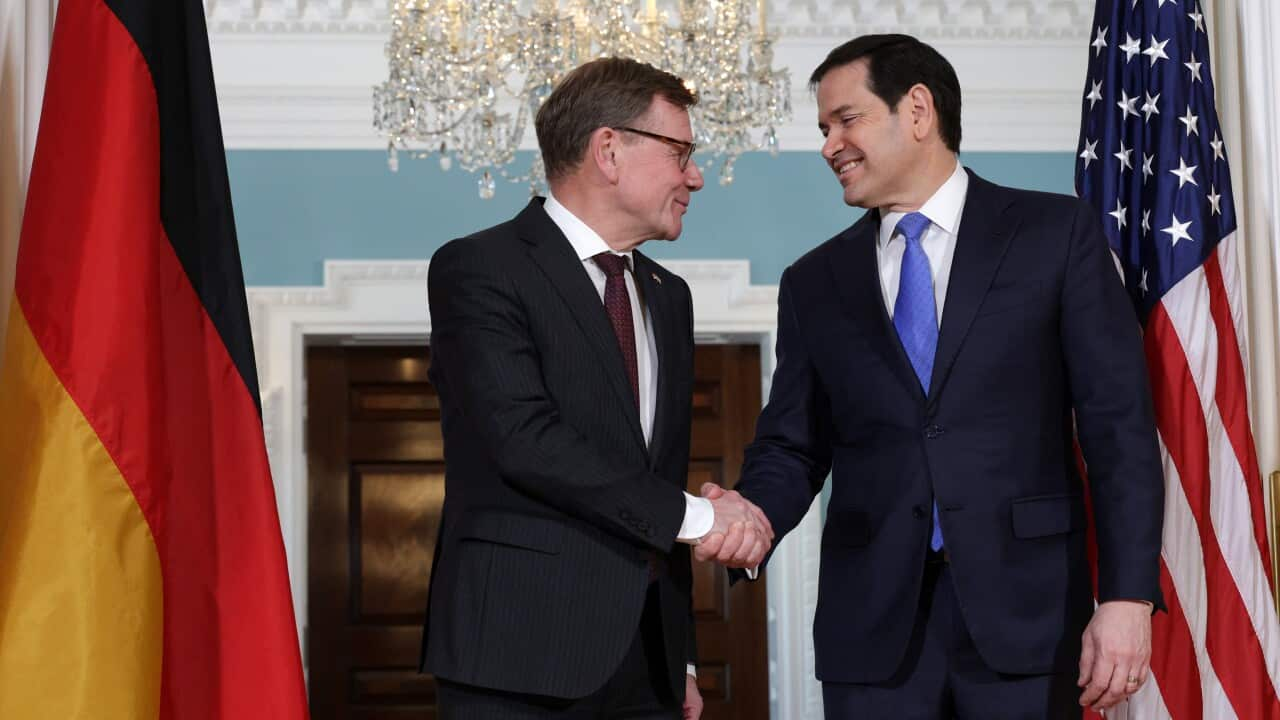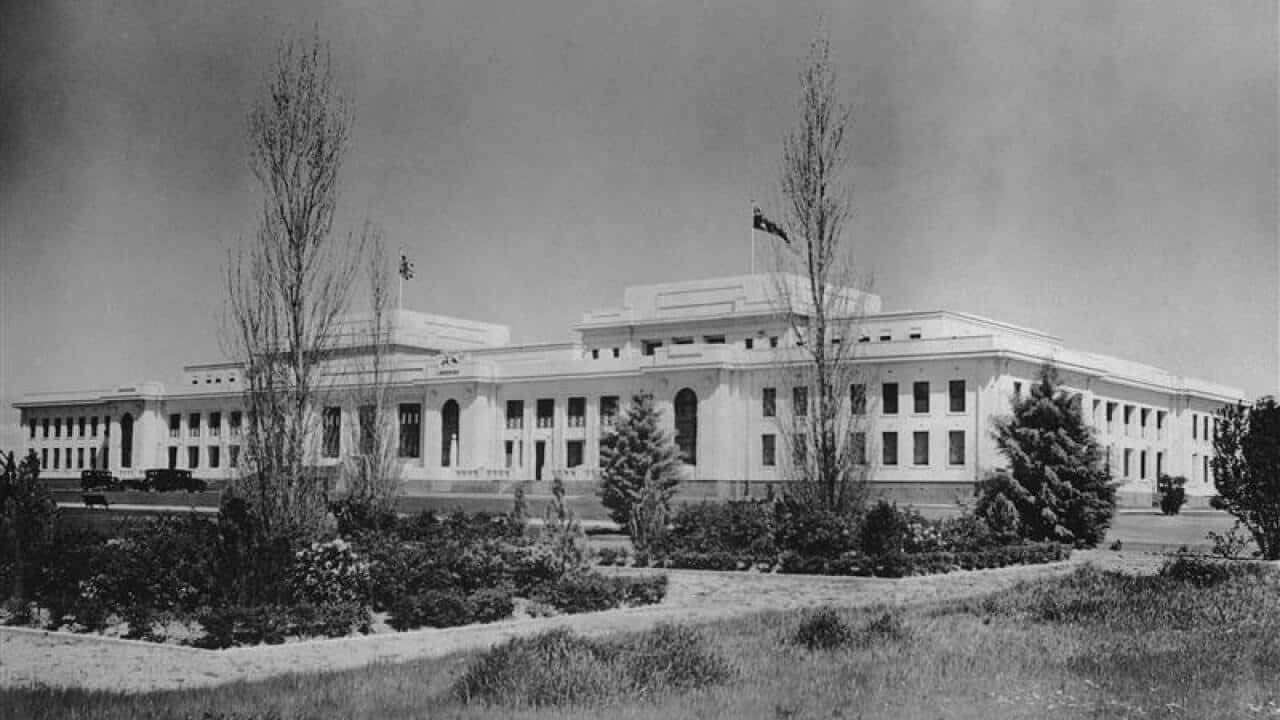Kelvin Kong’s home was always bursting with people.
His mother Grace was a nurse so everyone would come over for immunisations, band aids, wound checks, colds, you name it.
One of his most distinctive memories as a child was lining up alongside his twin sisters to see who would be nurse Grace’s little helper.
“Families would come around and our cousins and their cousins and lots of kids around and always my sister and I would try and fight over who’s gonna help mum first.”
It wasn’t until much later on when he realised how this situation actually reflected the lack of access to healthcare for Indigenous Australians.
“The thing that really disheartened me was when you got a bit older and understand the process, you would actually talk to friends in high school or later years and think, ‘Why don’t you just go up to the hospital like everyone else? Why don't you go to your local doctor?’ I think that's when you start asking the questions about, ‘Why does that happen with our family but not our non-Indigenous friends?’”
Dr Kong comes from a well-educated family.
His father was a Chinese doctor and his mother was one of the first Indigenous nurses in Australia.
His sisters were the first Aboriginal medical graduates through Sydney University, which inspired him to pursue a medical career at the University of New South Wales, where he became one of Australia’s first Indigenous surgeons.
The Kong family alone make up 1.15 per cent of the 260 Aboriginal doctors in Australia.
But despite the families’ success, they didn’t have it easy.
Dr Kong's Nan escaped the Stolen Generations.
When she heard people were splitting families up she was determined to keep hers together, so with her partner they raised 12 children all alone.
It wasn’t until 40 years later that she and her entire family were reunited.
“As a consequence of fear, as a consequence of not having any knowledge of where all of her family went and as a consequence of the policies, she just stayed away from that. So I don't think it was very pleasant in that environment. I think what I’d take from that is not so much the disparity of this fear of what she endured but rather the notion that she had of love, of bond, of bringing her family up and proving that in three generations, from her daughter, my mother Grace, to my sisters, she’s got a nurse and doctors out of it.”
Racism was quite profound when Dr Kong was at school and one memory he can’t shake is the day he was advised to consider a trade instead.
“At that time it was hard and I actually reflect on that now and think, if I wasn't told that, maybe I would’ve went into trade but the fact that someone told me that I couldn't do something, that really challenged the enthusiasm to actually prove this wrong.”
The ear, nose and throat specialist says society tends to think of Aboriginal peoples in this abyss, that they have this ‘cultural status’ and don’t actually progress in mainstream society.
“When we look at some of the mass media, particularly in recent years, we talk about alcoholism, substance abuse, welfare dependence, and children being neglected. When in actual fact, all of my friends or none of my Aboriginal friends had been in any of these categories, and in fact they’re contributing to the Australian society in an extremely meaningful and a very proud way. I think that's the reality rather than the perception.”
Dr Kong adds that his connection with Aboriginal culture, his Nan's bush medicine and Dreamtime stories don’t interfere, but instead compliment his practices in modern medicine.
“In huge ways I think the spirituality of traditional or ngankari medicine is quite important. A lot of the ngankaris talk about mental health and psychological healing. I think that's still an important part of any kind of health regime.”
The proud Worimi [Wo-ri-mai] man is proof of how much the Australian society has changed over the years. He shares one of his first experiences of looking after an Aboriginal elder.
“She was in tears. She was just really overjoyed with being looked after by an Aboriginal doctor. Now, she didn't know me. She didn't know my family at all but it was purely the notion that we can achieve and we can do things that she didn't think she’d live till the day to have that. Now, to me that was so humbling to be in that experience with her, to share that, because you can imagine what she felt when she was growing up for her to come to tears just like seeing a doctor.”
Another prominent leader in Indigenous health, who says his Aboriginal heritage has helped him flourish in his medical career, is Dr Mark Wenitong, also an ear, nose and throat specialist.
“I think in a number of ways that's been helpful to me. One is particularly just in the approach to health in general. So rather than just kind of being biomedical and thinking about things from a clinical perspective, it’s thinking about things from a socio-cultural perspective as well, and then thinking about where health fits into peoples lives in the context of Aboriginal people and Aboriginal communities.”
The reggae band member and father of multi-award winning musicians, Shakaya, Local Knowledge and The Last Kinection, says one of the key issues is communication and understanding where your patients are coming from.
“If I’m talking to one of the guys in prison about getting off the grog, I’ll just say, ‘You know you’ll have to get off the grog mate. You know your liver’s stuffed.’ Instead of going through all of the liver function tests which nobody really understands anyway.”
As a Kabi Kabi man,Dr Wenitong's Indigenous heritage is an advantage with Indigenous patients as the similarities in their culture ensures a better relationship.
“Particularly in things like men’s business, women’s business, you know how to approach those. If you don't have a good idea of how to approach some of the more sensitive issues, you probably limit the access of patients to your service and to yourself. So understanding some of the ways to approach people means that they’ll open up a bit more and you can talk about more sensitive issues more easily."
Dr Wenitong says Aboriginal and Torres Strait Islander traditional healers often complement western medical practices.
“I have no problems at all in working with traditional healers and often do and the Indigenous Doctors’ Association itself has worked closely with a few of the ngangkaris from central Australia and always have, and we definitely see the value of traditional medicine, which you know is 60,000 years worth of experience versus my 6 years.”
The biggest challenge for Dr Wenitong is the workload, and responding to major trauma, but he says his combination of Aboriginal knowledge plus western frameworks enables him to deliver a coherent response.
He is also a strong believer in Indigenous people having a say in Indigenous healthcare.
“And because we kind of generally look at things from a much more holistic framework, we do want to be involved in lots and lots of things and that becomes pretty complicated. The secondary thing is the amounts of trauma in our communities and probably that's one of the things I’m struggling with the most.”
A late bloomer in the medical profession, Dr Wenitong says it’s never too late to follow your dream.
“Start as soon as you can. Don't wait for you’re 32 like I did. The main thing is if that's your dream, do it, and think about the strategies you’ll use to get there. But don't worry if it takes a long time, cos it’s worth it.”




